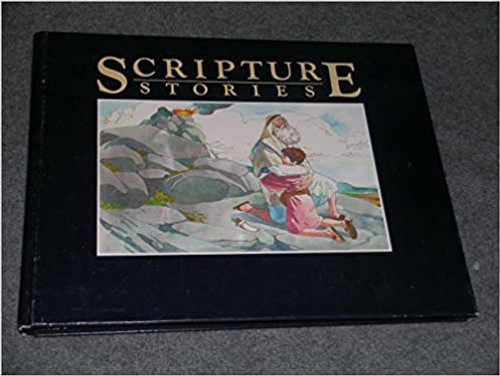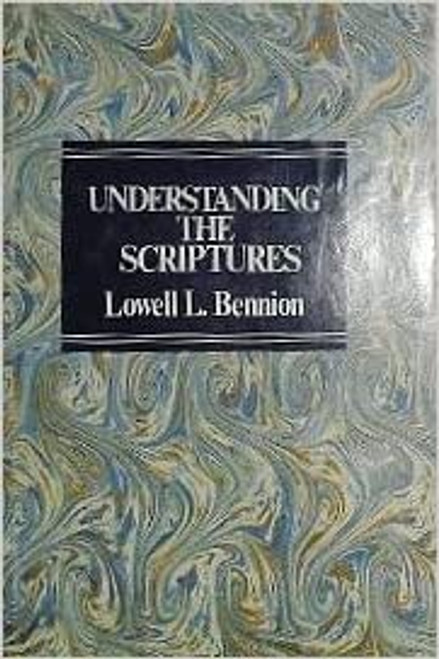Sellers Note: These books are used. We try to ensure that they are in reasonable condition. Some may have dust jackets, others may not and covers may vary depending on the edition. There may be notations, etc. by previous readers. All sales of used books are final.
Shipping Deal: For a shipping deal check out our shipping policy page.
Author: H. Curtis Wright
About the Product: Published in 2002 by the Religious Study Center at BYU
William Wordsworth wrote:
The world is too much with us; late and soon, Getting and spending, we lay waste our powers.
Yet life does not have to be that way. In this thought-provoking book, H. Curtis Wright, professor emeritus of ancient Greek and modern library education, presents four messages on "things of redeeming worth'' -eternal things that penetrate and transcend human temporal experience.
"A Thing of Naught: World Judgment and the Trial of Jesus Christ" shows how the Savior is "judged of the world" in all its generations-not only by his enemies who reject him completely but also by his unbelieving sympathizers (both within and beyond the Church) who avoid him, want him off their hands, or "trample [him] under their feet" ( 1 Ne. 19:7) because, like Pilate's wife, they want nothing to do with him.
"The Work of Joseph Smith" outlines the Prophet's twofold mission: to restore the eternal principles of the gospel (as presented in the Book of Mormon) and the temporal practices of the Church (as defined in the Doctrine and Covenants)
"Brigham Young and the Natural Man" tackles the theological problem of human nature: Is mankind good by nature? Or sinful by nature because of the Fall?
"The Constants of Conversion" examines the necessity, which pertains to everybody, of becoming "new creatures" (Mosiah 27 :26) through the Atonement of Christ; simply altering human behavior or strengthening human resolve is not enough.
The author writes, "Modern secular thinking, like its ancient and medieval antecedents, is wholly nonredemptive; and ... all of these essays, by regarding the redemption of human beings from an eternal perspective, address the basic themes of human life and salvation that are not novel and do not change.
" What is that eternal perspective? In the words of Lehi, "Redemption cometh in and through the Holy Messiah; for he is full of grace and truth'' (2 Ne. 2:6). And only through that redemption can we overcome the things of the world.
- Curtis Wright, now retired, originally served as a librarian and subsequently as a professor of librarianship and library education at Brigham Young University.




